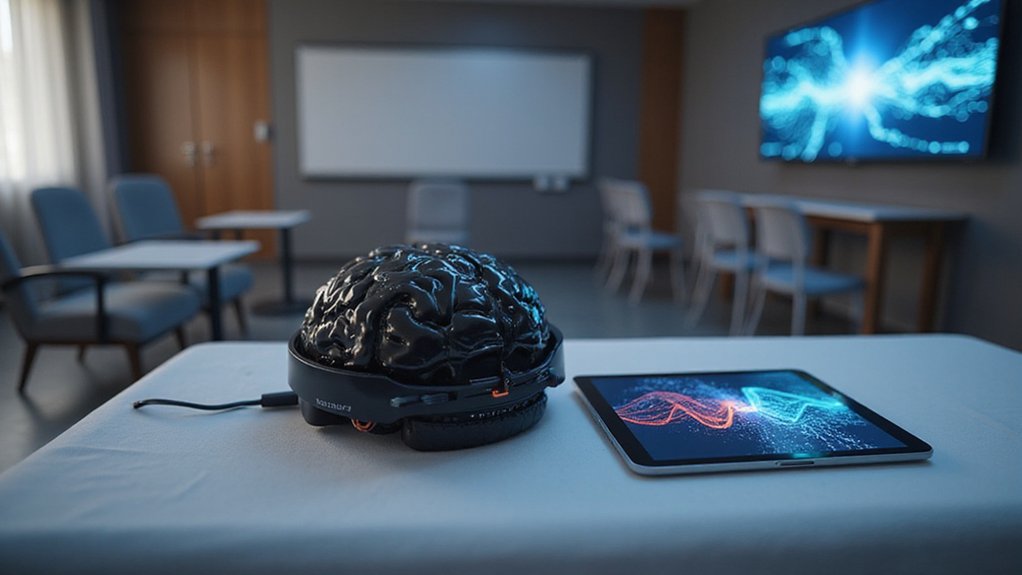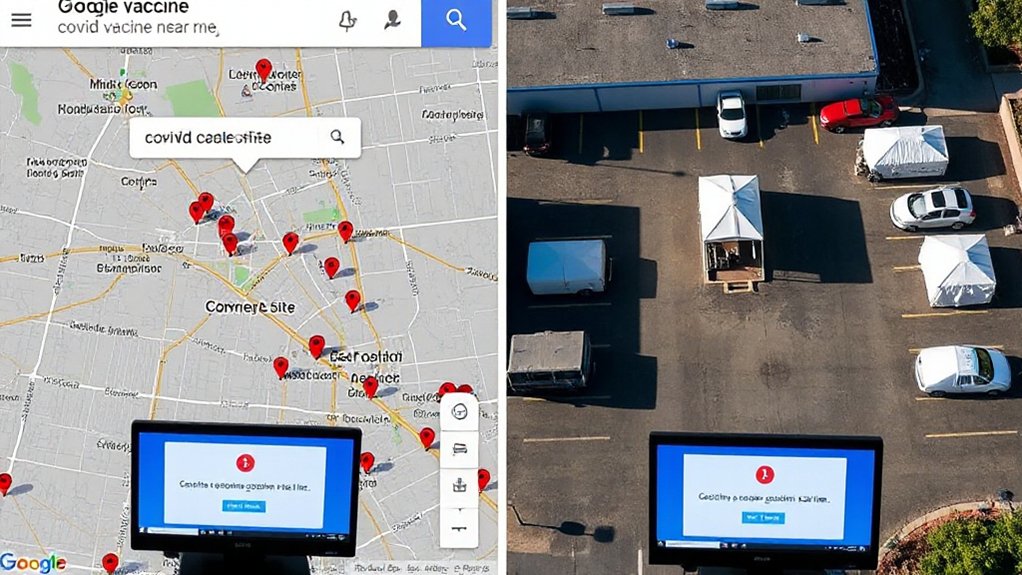Therabot, an AI therapy system from Dartmouth College, is showing promise in mental health treatment. The study of 106 participants revealed it reduced depression symptoms by 51%, anxiety by 31%, and eating disorder concerns by 19%. Users trust the AI in a comparable way to human therapists, appreciating its 24/7 availability and judgment-free environment. It’s designed to complement human therapists, not replace them. The technology could help millions who face barriers to traditional therapy.
A groundbreaking AI therapy system called Therabot is showing remarkable results in treating mental health conditions. In a recent Dartmouth College study involving 106 participants diagnosed with depression, anxiety, or eating disorders, the AI-based therapy platform demonstrated effectiveness comparable to human therapists.
The study revealed impressive outcomes across multiple conditions. Depression symptoms decreased by an average of 51%, while generalized anxiety symptoms dropped by 31%. Eating disorder concerns reduced by 19%, notably outperforming control groups in areas like body image and weight-related distress. These results are particularly meaningful given that mental health disorders affect millions of Americans, including 21 million with major depressive disorder and 6.8 million with generalized anxiety disorder.
Therabot works through smartphone applications, offering support 24/7 through natural text conversations. It uses cognitive behavioral therapy (CBT) techniques to deliver personalized interventions. Many participants established a therapeutic alliance with the chatbot, reporting feelings of trust and connection. This accessibility addresses several barriers to traditional therapy, including cost constraints and stigma concerns.
Participants in the study reported trust levels with the AI similar to what they’d expect from human therapists. During the 8-week trial, individuals spent about 6 hours engaging with Therabot. Users appreciated the AI’s personalized and empathetic responses, which contributed considerably to symptom relief.
The technology isn’t meant to replace human therapists but rather to complement them. It can serve populations with limited access to mental health services and allow human therapists to focus on more complex cases. The non-judgmental environment created by AI therapy appears particularly helpful for patients to share difficult thoughts and feelings. These developments align with the broader trend of AI in healthcare expanding into new applications beyond traditional diagnostic and administrative functions.
Despite promising results, ethical and regulatory considerations remain important. Developers prioritize transparency and reliability, while ongoing oversight is needed to protect user data and guarantee safe implementation.
Future research aims to expand AI therapy to other mental health disorders. Advances in generative AI could improve conversational quality and therapeutic outcomes. As this technology evolves, finding the right balance between AI independence and clinical supervision will be essential for its safe and effective integration into mental health care systems.









